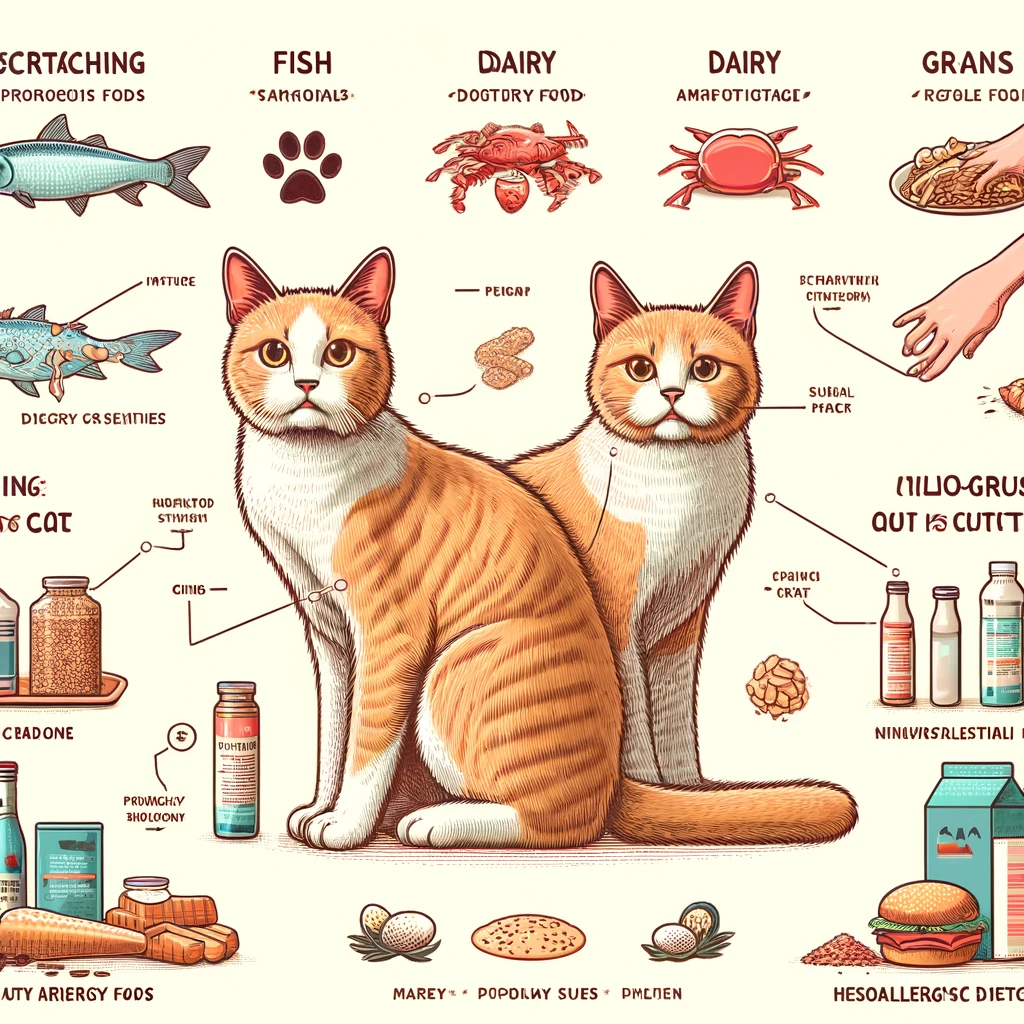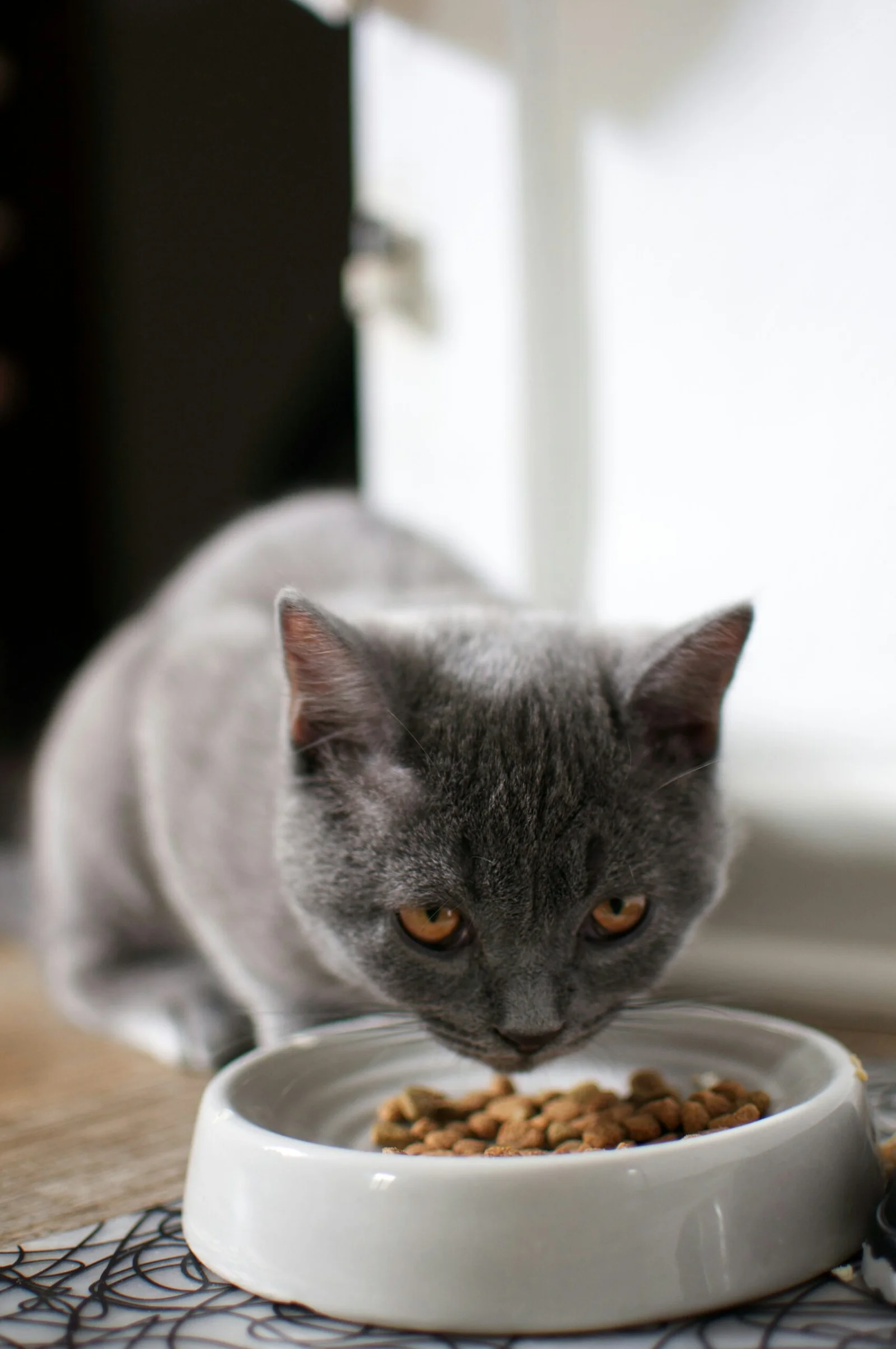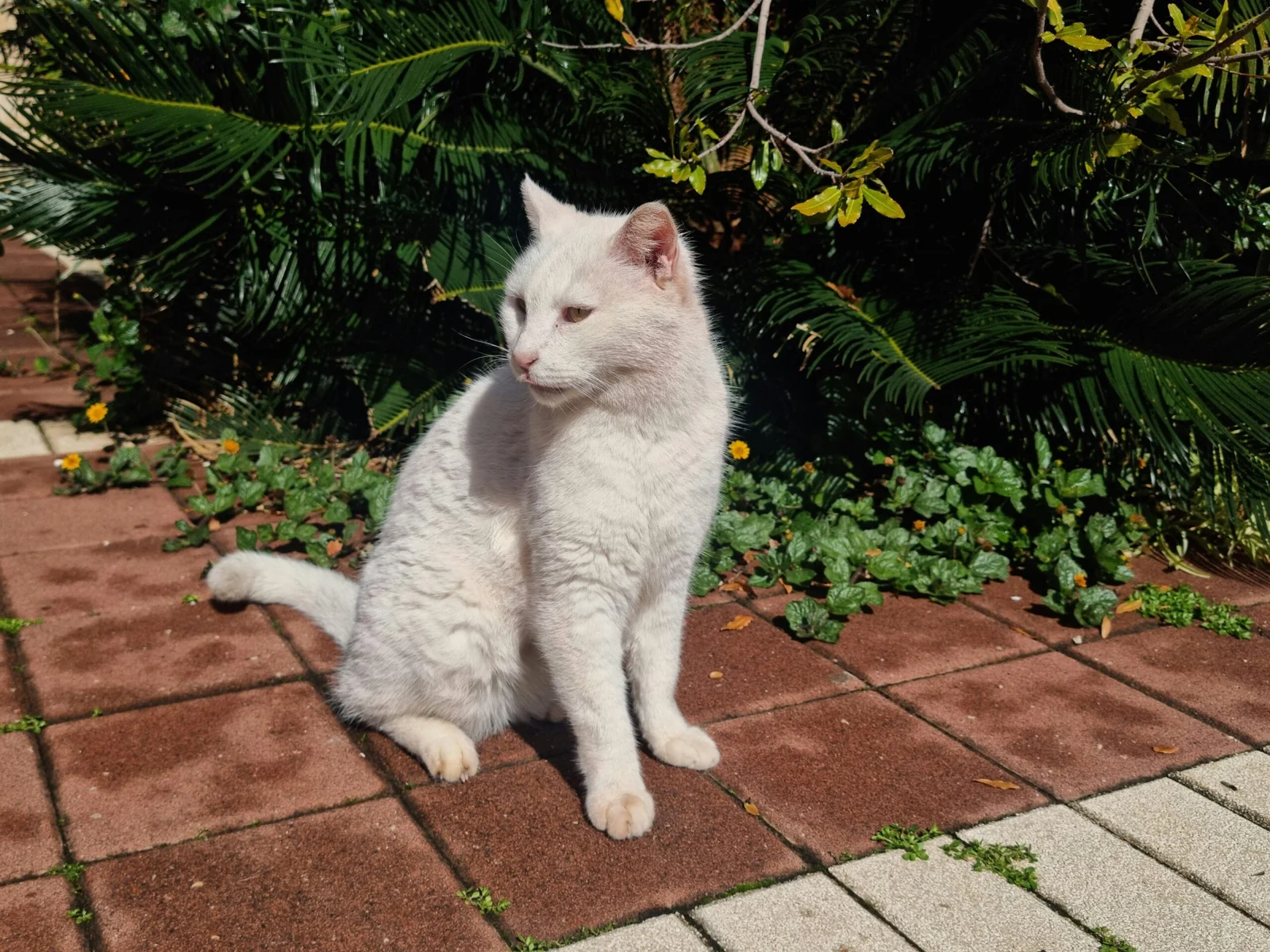The Importance of Understanding and Managing Cats’ Dietary Allergies and Sensitivities
The Importance of Understanding Cats’ Dietary Allergies and Sensitivities
As cat owners, we want nothing but the best for our beloved feline friends. We make sure they have a comfortable place to sleep, plenty of toys to play with, and, most importantly, a nutritious diet to keep them healthy. However, did you know that cats can also suffer from dietary allergies and sensitivities, just like humans? In this blog post, we will explore the common feline dietary allergies and sensitivities and how to manage them.
What are Dietary Allergies and Sensitivities?
Dietary allergies and sensitivities occur when a cat’s immune system reacts negatively to certain ingredients in their food. These reactions can manifest as digestive issues, skin problems, or even respiratory symptoms. It’s important to note that allergies and sensitivities are different. Allergies involve an immune response, while sensitivities are non-immune reactions.
Common Allergens and Sensitivities in Cats
1. Protein Sources: The most common allergens for cats are proteins found in their food. Chicken, beef, and fish are often the culprits. Cats can develop allergies or sensitivities to these proteins, leading to symptoms such as vomiting, diarrhea, or itchy skin.
2. Grains: While cats are obligate carnivores and do not require grains in their diet, some commercially available cat foods contain grains like wheat, corn, or soy. These grains can cause digestive issues or skin problems in cats with allergies or sensitivities.
3. Dairy: Contrary to popular belief, not all cats can tolerate dairy products. Many cats are lactose intolerant, meaning they lack the enzyme needed to digest lactose properly. Feeding your lactose-intolerant cat dairy products can result in digestive upset.
4. Additives and Preservatives: Some cats may be sensitive to certain additives or preservatives commonly found in commercial cat foods. These can include artificial colors, flavors, or even common food preservatives like BHA or BHT.
Managing Dietary Allergies and Sensitivities
If you suspect that your cat has a dietary allergy or sensitivity, it’s essential to consult with your veterinarian. They can help you determine the specific allergen and recommend an appropriate diet for your cat. Here are some general tips for managing feline dietary allergies and sensitivities:
1. Elimination Diet: Your veterinarian may suggest an elimination diet, where potential allergens are removed from your cat’s diet. This helps identify the specific ingredient causing the allergic reaction. You will gradually reintroduce different ingredients to pinpoint the culprit.
2. Hypoallergenic Diets: In some cases, your veterinarian may recommend a hypoallergenic diet. These diets are specially formulated to minimize the risk of triggering an allergic reaction. They often contain novel protein sources and limited ingredients.
3. Read Food Labels: When selecting cat food, carefully read the ingredient list. Look for high-quality, limited ingredient diets that avoid common allergens. Avoid foods with artificial additives or preservatives.
4. Home-Cooked Diets: Some cat owners choose to prepare homemade diets for their cats with allergies or sensitivities. However, it’s crucial to consult with a veterinary nutritionist to ensure the diet meets all of your cat’s nutritional needs.
5. Monitor Your Cat’s Response: Once you have identified the allergen or sensitivity, closely monitor your cat’s response to the new diet. Look for improvements in their symptoms, such as reduced itching or improved digestion. If necessary, make further adjustments in consultation with your veterinarian.
Conclusion
Understanding and managing your cat’s dietary allergies and sensitivities is crucial for their overall health and well-being. By identifying the specific allergen or sensitivity and making appropriate dietary changes, you can help alleviate your cat’s symptoms and improve their quality of life. Remember to always consult with your veterinarian for proper diagnosis and guidance.











